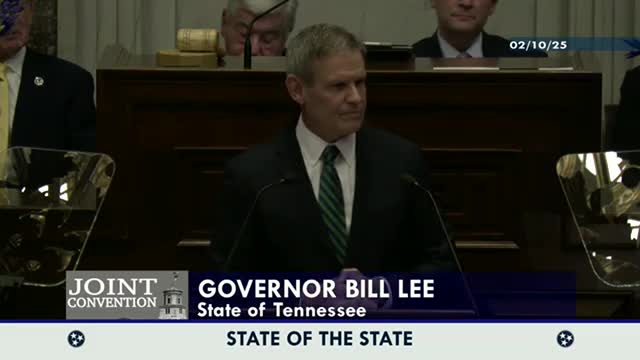Article not found
This article is no longer available. But don't worry—we've gathered other articles that discuss the same topic.
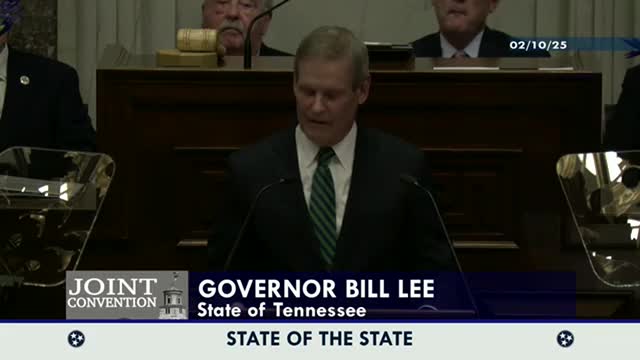
Governor proposes starter-home revolving loan fund, rural housing tax credit and water strategy; urges Farmland Conservation Act
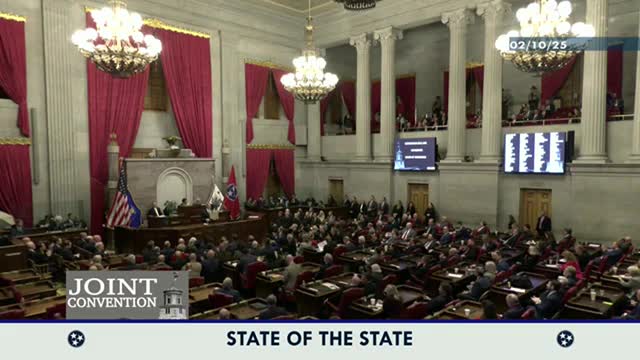
Governor proposes $11 million for Boys & Girls Clubs and changes to childcare programs to expand access
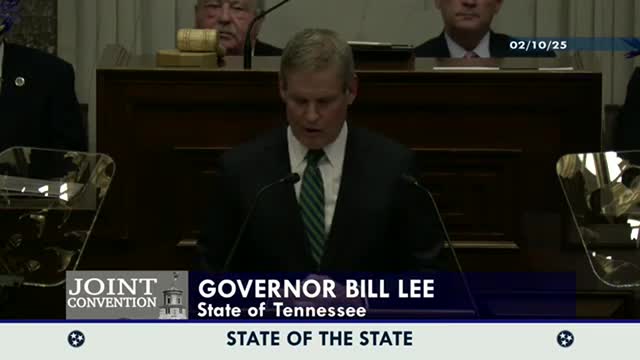
Governor proposes Tennessee Works scholarship, expands youth employment and workforce training
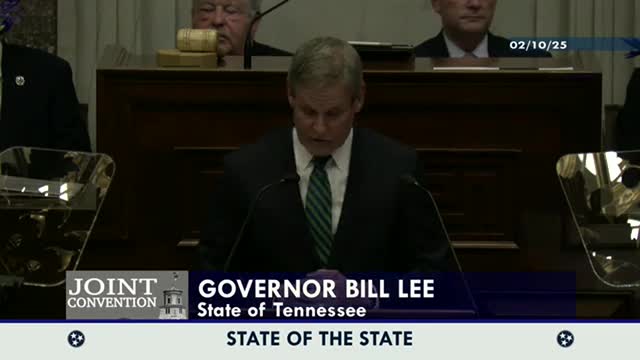
Governor pushes Tennessee as leader in nuclear innovation, proposes $50 million to Clinch River project
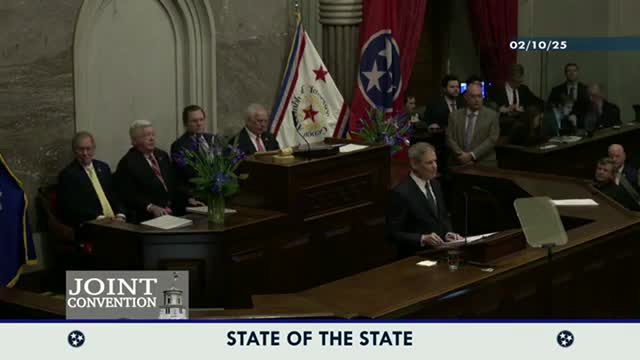
Governor credits Medicaid block-grant approach with $1 billion saved; proposes reinvestment in health priorities
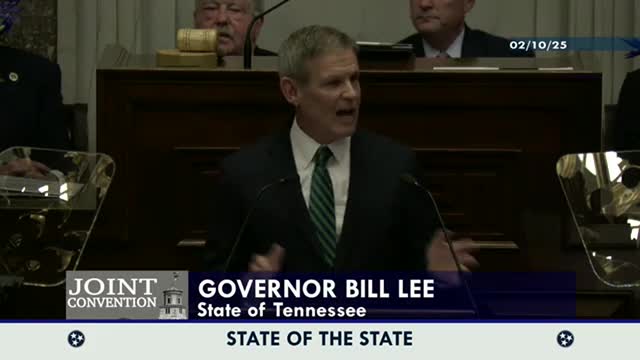
Governor proposes $1 billion for TDOT in bid to expand road and bridge work
